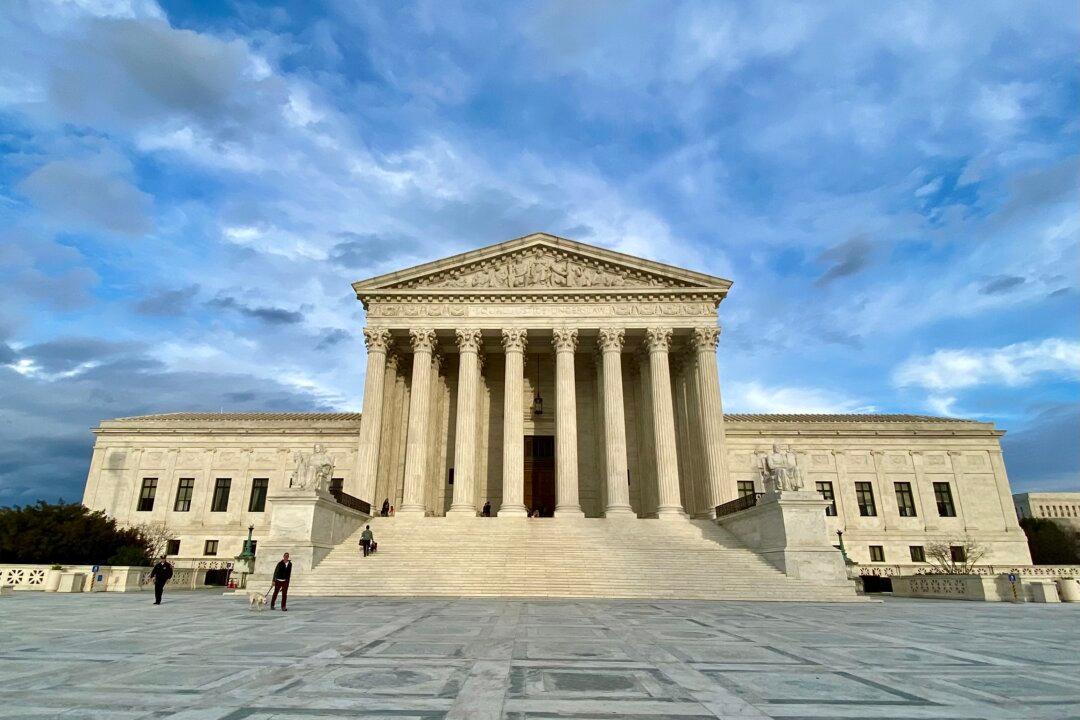The U.S. Supreme Court is letting a New York gun law that restricts possession in so-called sensitive locations stand for now, denying an emergency request to block the rule.
A pro-Second Amendment group filed the request in December 2022, asking the court to lift a stay on an injunction against the law, the Concealed Carry Improvement Act (CCIA). Justice Sonia Sotomayor, an Obama appointee, received the request. She referred the request to the full court, which rejected it in an order released on Jan. 11.





